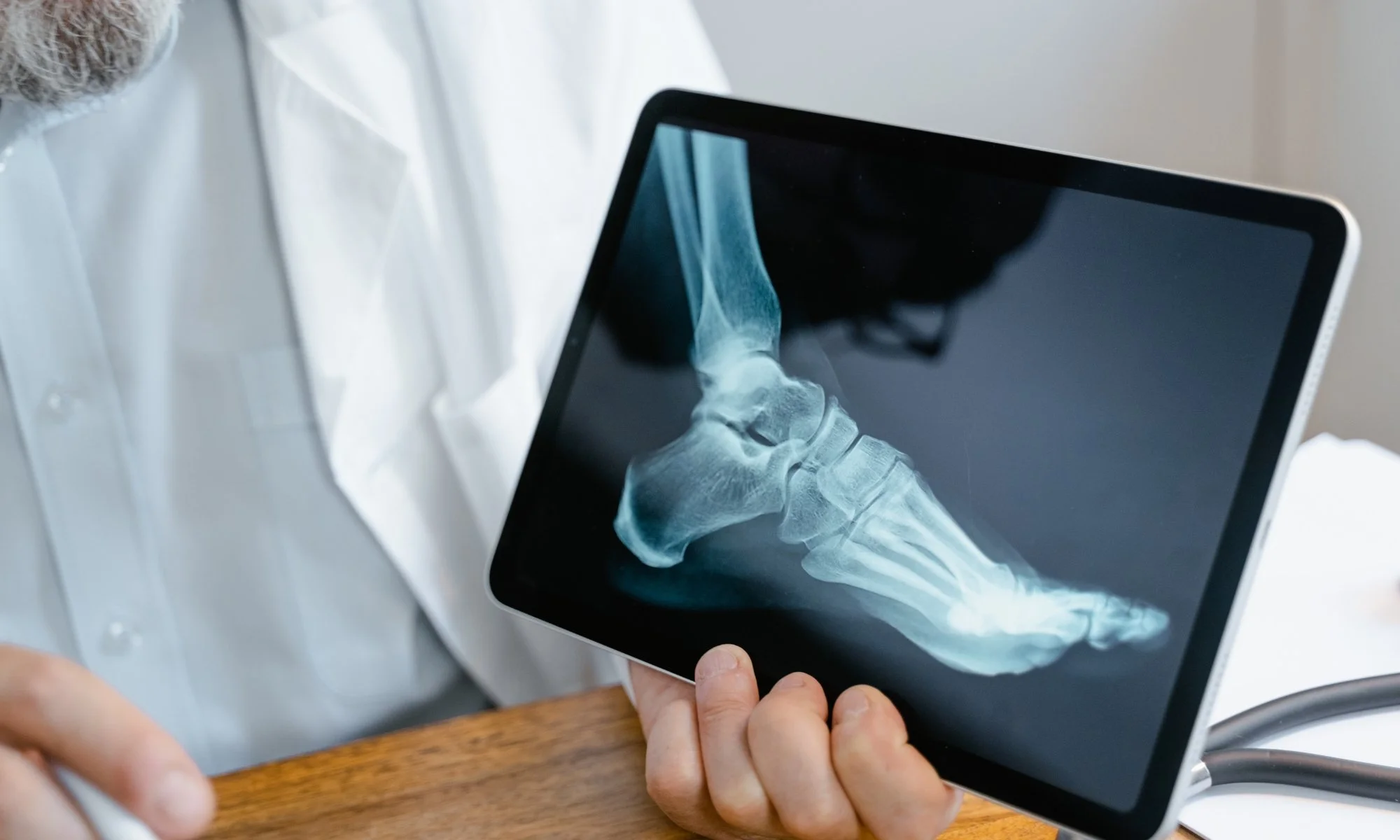Digital Transformation in Healthcare: A Guide for Clinics and Practices
What Does Digital Transformation Mean for Healthcare Practices?
Digital transformation is a phrase you hear often, but what does it actually mean for healthcare clinics and practices? At its core, digital transformation is about more than adopting new software or going paperless. It’s the intentional use of digital tools and processes to improve patient care, streamline operations, and ensure long-term sustainability.
For healthcare, digital transformation touches every part of the practice — from how patients book appointments, to how clinical notes are recorded, to how billing and compliance are managed. Even small practices can see a big impact when they shift to a more digitally enabled way of working.
How Does Digital Transformation Work in the Healthcare Industry?
In healthcare, digital transformation usually involves integrating technologies that support both clinical and administrative functions. This can look different depending on the size and specialty of the practice, but common elements include:
Electronic Medical Records (EMRs): Digitizing patient charts for quick access, secure storage, and easier collaboration between providers.
Telehealth and Virtual Care: Expanding access for patients who can’t always come in person.
Workflow Automation: Reducing repetitive manual tasks like appointment reminders, intake forms, and billing.
AI-Assisted Tools: Supporting diagnosis, treatment planning, or predicting patient risks.
Patient Portals: Giving patients easier ways to access results, schedule visits, and communicate with their care team.
Integrated Billing Systems: Ensuring smoother financial operations with fewer errors.
For patients, this can mean shorter wait times, better communication, and more personalized care. For clinics, it translates to efficiency, reduced overhead, and a stronger competitive edge.
Why Is a Digital Transformation Plan the Key to Success?
Simply buying a new EMR or launching telehealth isn’t enough. Many clinics discover that piecemeal adoption creates inefficiencies rather than solving them. That’s why a structured digital transformation plan is essential.
A strong plan ensures:
Alignment: Technology investments support both patient needs and business goals.
Budget Clarity: Practices know exactly where funds are going and what ROI to expect.
Integration: Systems talk to each other instead of creating new silos.
Compliance: Privacy and security standards are built into every step.
In short, the plan becomes the backbone of a successful transformation. Without it, clinics risk wasted investments, frustrated staff, and a patchwork of disconnected tools.
How Can Small Medical Practices Benefit from Digital Transformation?
Smaller medical practices face unique challenges: limited budgets, small teams, and staff who wear multiple hats. Yet, they often benefit the most from digital solutions because every efficiency gain has an outsized impact.
Practical first steps include:
Cloud-Based EMRs: Affordable systems that scale with growth.
Online Booking Systems: Reducing phone call volume and freeing up staff time.
Automated Reminders and Billing: Cutting down on no-shows and paperwork.
For small practices, digital transformation doesn’t have to be overwhelming — it can start small, with tools that make day-to-day operations smoother and gradually expand from there.
What Does Digital Transformation Look Like for Family Doctors and Clinics?
Family doctors and family clinics manage high patient volumes while also maintaining long-term relationships. They often deal with chronic conditions, preventive care, and entire family records that need to be tracked over decades.
Digital tools can help by:
Integrating Patient Portals: Allowing families to view records, book visits, and message providers in one place.
Telemedicine Options: Supporting patients with mobility or transportation challenges.
Chronic Care Management Tools: Tracking long-term health conditions and ensuring follow-up appointments aren’t missed.
For family clinics, digital transformation ensures care continuity, which is critical for patient trust and satisfaction.
How Can Multi-Disciplinary Clinics Use Digital Transformation to Coordinate Care?
Clinics that house multiple medical specialties under one roof — often called multi-disciplinary clinics — face the challenge of coordinating care across different departments. Without strong digital systems, patients may need to repeat information, records can become fragmented, and internal communication may suffer.
Digital transformation solves these issues by:
Integrated Scheduling Systems: Coordinating appointments across different specialties for smoother patient journeys.
Unified EMRs: Allowing all providers in the clinic to access the same patient records securely, regardless of department.
Cross-Department Workflows: Digitally connecting lab results, referrals, and treatment plans so care is continuous.
Data Insights: Using analytics to track outcomes across specialties and improve care coordination.
By implementing these tools, multi-disciplinary clinics ensure patients receive seamless, collaborative care while improving efficiency and internal communication.
How Can Digital Transformation Improve Dental Clinics?
Dental clinics depend heavily on efficient scheduling, patient retention, and imaging data. Missed appointments or disorganized imaging can disrupt both care and revenue.
Digital transformation can make a noticeable difference with:
Digital Imaging Integration: Linking X-rays and scans directly into patient records.
Automated Appointment Reminders: Reducing costly no-shows.
Patient Loyalty and Recall Apps: Keeping patients engaged and encouraging regular check-ups.
For dental practices, digital tools help balance patient experience with operational efficiency.
What Are the Digital Transformation Opportunities for Physiotherapy Clinics?
Physiotherapy clinics focus on individualized care, often with customized exercise programs and ongoing patient engagement. The challenges are unique: high no-show rates, repetitive admin work, and the need for consistent follow-up.
Transformation opportunities include:
Digital Treatment Tracking: Allowing therapists to monitor progress in real time.
Mobile Apps for Exercises: Giving patients tools to follow their plans at home.
Automated Follow-Up Reminders: Encouraging compliance and reducing missed sessions.
By digitizing these processes, physiotherapy clinics can increase adherence to treatment plans and improve patient outcomes.
Is Digital Transformation Relevant for Other Specialized Clinics?
The short answer is yes. Digital transformation is not limited to general practice, dental, or physiotherapy clinics. Specialized practices — from optometry to dermatology to mental health — all stand to benefit.
For example:
Optometry: Integrating digital imaging with patient records.
Dermatology: Using teledermatology for remote consultations.
Mental Health Clinics: Expanding access through secure video therapy platforms.
The principles remain the same: streamline operations, enhance patient care, and ensure compliance.
Let’s Begin Your Clinic’s Digital Transformation Journey!
Digital transformation is no longer a luxury — it’s a necessity for clinics that want to remain competitive, efficient, and patient-centered. But every practice is different, and success depends on tailoring the approach to your size, specialty, and goals.
That’s where the right partner makes all the difference.
At Acumen Business Consulting, we don’t just create digital transformation plans — we manage the entire process as your one-stop solutions provider. From strategy and planning to execution and integration, we guide healthcare practices every step of the way to ensure measurable results and long-term success.





